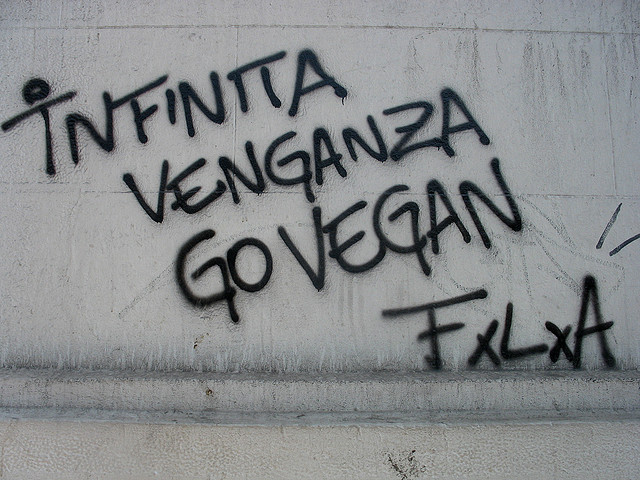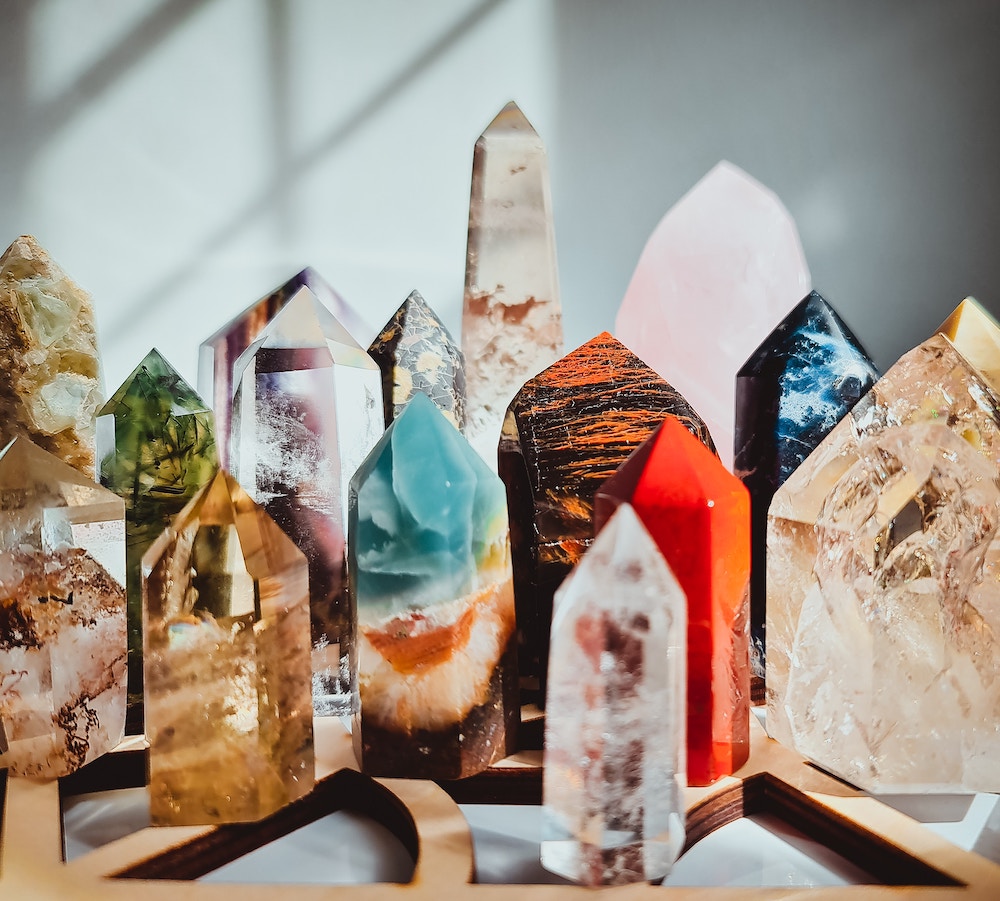As a Catholic, I’ve been so moved and inspired by Pope Francis’s message of inclusion, openness, love, and humility that promises the beginning of great progress for the Church. His recent remarks against “ideological Christians,” however, resonated with me on a deeper level. The pope warned against the faith becoming a “casuistic ideology,”–“rigid, moralistic, ethical, but without kindness.” And although he was referring to faith, I think the same thing can be said of veganism, and the dangers of becoming an “ideological vegan.”
Most vegans, including myself, adopt the lifestyle for moral reasons, because they believe in peaceful existence, kindness and respect toward sentient and intelligent animals, and responsibility for the environment. These ethical reasons empower and give deeper meaning to veganism in ways that cannot be derived from self-interest alone. Consider, for instance, the flexitarian movement, which focuses on the benefits of going vegan part-time for health. Although there are physical benefits to flexitarianism, when you look at it from a moral standpoint, it doesn’t make much sense at all. (No one ever suggests being spiritual, kind, loving, or courageous just until 6 pm each day.)
Even the usually irreproachable Nicholas Kristoff writes of the “nobility of geese,” and how chicks may be more intelligent than babies, but without committing himself to act according to his observations and moral instincts: “I don’t know myself where to draw the lines. I eat meat, so this entire column may be braised in hypocrisy. But just as we try to protect dogs and cats from undue suffering, without necessarily considering them our equals, it makes sense to minimize animal suffering more broadly when we can.” What Kristoff doesn’t choose to admit is that this is ultimately a simple question of acting in accordance with his natural moral inclination to not take away lives, when it’s not necessary for his survival.
Without the moral dimension, veganism loses its power and raison d’être. But I don’t believe that we should all become “moralistic” vegans, bound to the ideology of veganism more than its spirit of kindness. As we’ve discussed, carnism is the dominant social paradigm of our day, but that doesn’t mean that veganism should replace it as another ideology or doctrine to which we must all subscribe without first examining it individually. Ideologies are dangerous because we accept them unconsciously, without question; very quickly, adhering to this doctrine becomes more important than thinking critically about all sides of the story. Veganism is defined by its main organizations as the lifestyle abstaining from any and all animal-derived products, and the implication is that this is the morally superior path. But what about Native Americans who have depended on living off the land for thousands of years? Growing up in Oregon, I personally met tribesman who still catch and sell the Pacific salmon, out of ice coolers in the back of their pickup trucks by the Columbia River. Not only is salmon fishing an integral part of their heritage, it is also a crucial source of income for these tribes that are seriously disadvantaged socioeconomically.
What about communities in developing countries that depend on domestic animals for their entire livelihood? Are we to say that these people—whose very survival depends on their animals, and who therefore are much more connected to them than we are—are exploiting animals and therefore, unethical? Heifer International, a lauded and highly effective organization dedicated to ending poverty and hunger, has a program that gifts cows, goats, camels, chickens, and more to impoverished families around the world. Can we really tell these families that cow’s milk or chicken eggs are not an acceptable food for humans? Would the world be a better place if these people gave up their traditional, meat- and dairy-eating lifestyles and adopted our North American, Whole-Foods-and-Tofurky vegan lifestyle–if that were even possible?
The more vegans scuffle about the semantics of “owning pets,” and whether having companion animals or domestic animals constitutes exploitation, or whether it’s acceptable to use vaccines because they contain trace amounts of egg protein and gelatin, the more veganism becomes an ideology, and the more it strays from its message of kindness and understanding. Veganism shouldn’t become a characteristic of our liberal-bourgeois group think, or a signifier of our radical-progressive standing, but a constant, humble, personal meditation on how to live more peacefully and kindly. May veganism not turn into an ideology, but just the sincerest form of faith in positivity and good will.
More in Op-Ed: What Is Carnism?
___
Photo: eme e ele a via Flickr





